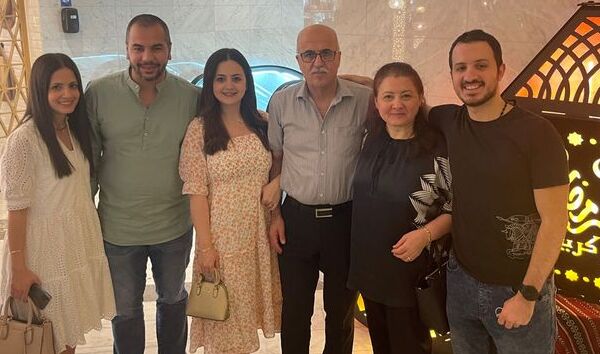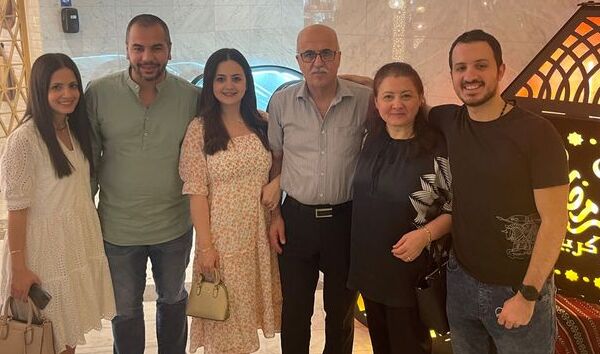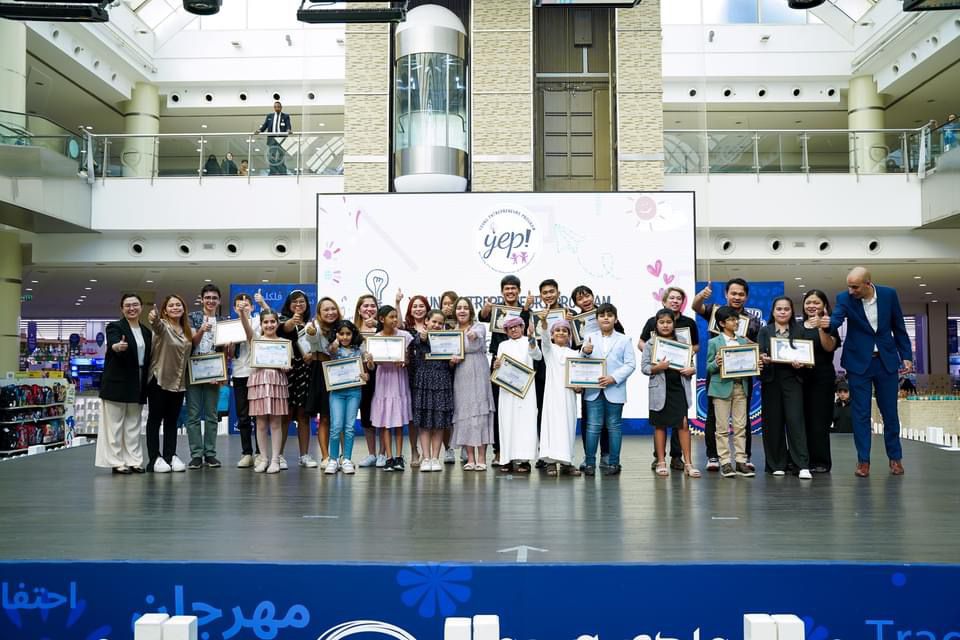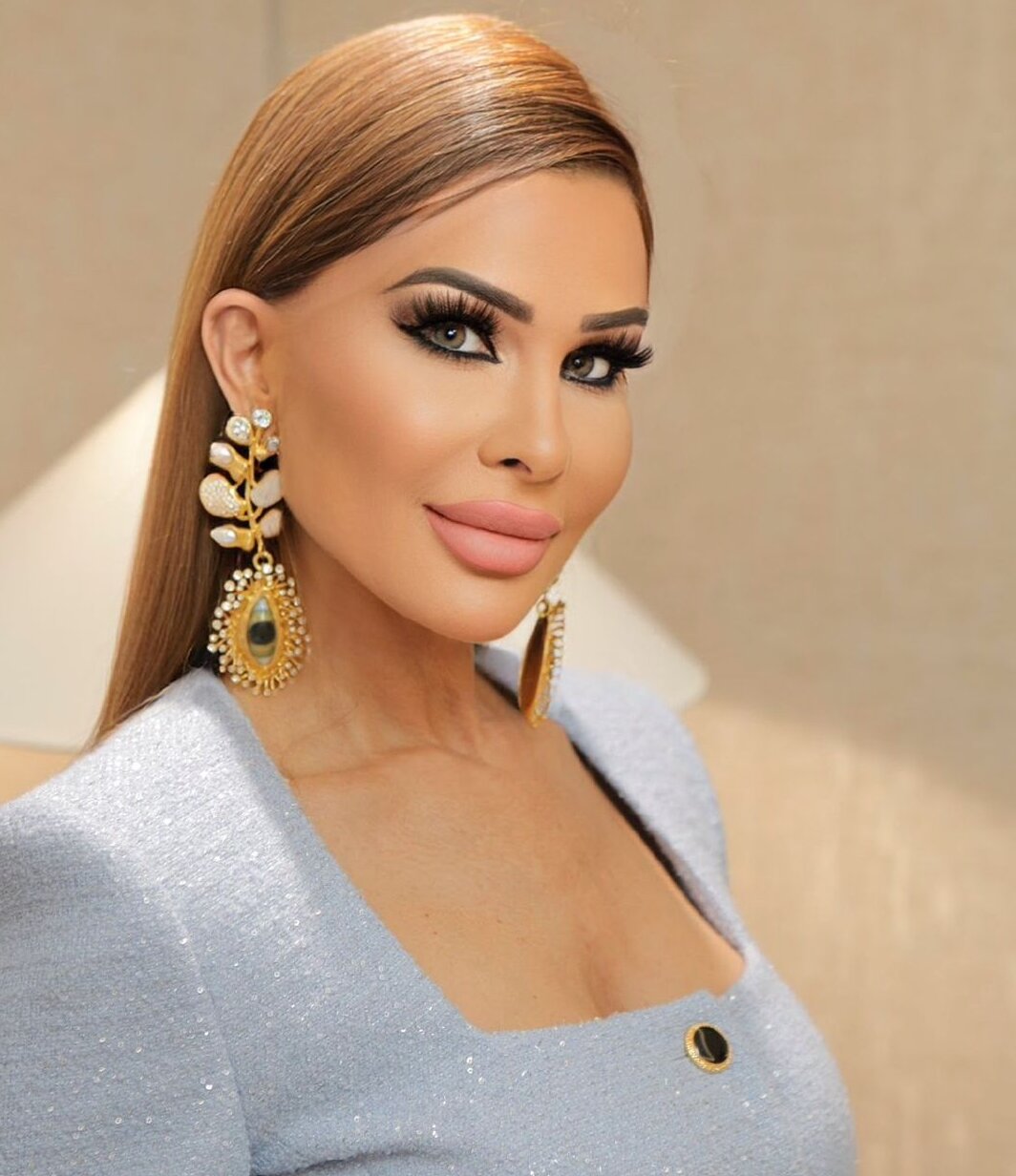Eid festivities encompass a diverse array of cultural customs and practices.

As Eid Al Adha approaches, families across the UAE are eagerly preparing to celebrate this joyous occasion. The feast of sacrifice is a time for reflection, kindness, and gratitude, with diverse cultural traditions and customs enriching the festivities. This article delves into the unique practices and customs observed by people from various backgrounds as they eagerly anticipate the arrival of the festival.
For many, Eid Al Adha is synonymous with a special prayer and the ritual of sacrifice. Mohammed Rana, a Bangladeshi expatriate residing in the UAE, explains that his community engages in the tradition of sacrificing livestock during Eid. The meat is then shared among three groups of people: the family, the poor, and friends. Following the sacrifice, families come together to prepare their favorite dishes, such as beef curry and falooda, and indulge in an array of Eid sweets. This tradition of sharing food highlights the spirit of generosity and togetherness that characterizes Eid Al Adha celebrations.
The UAE’s multicultural society offers a rich tapestry of traditions and customs during Eid Al Adha. Families from different backgrounds bring their unique practices to the celebrations, contributing to the diversity and vibrancy of the festival. Emirati families, for example, often gather in their homes to exchange warm wishes and engage in traditional activities. They may participate in horse and camel races, watch heritage performances, or enjoy traditional Emirati cuisine. The blending of traditional Emirati customs with the modern festivities of Eid creates a unique and captivating experience.
Decorations play an important role in creating a festive atmosphere during Eid Al Adha. Many families in the UAE adorn their homes with colorful lights, lanterns, and traditional decorations to mark the occasion. These embellishments not only enhance the joyous spirit of the festival but also serve as a visual representation of the celebration’s significance. The streets and public spaces of the UAE come alive with vibrant displays, adding to the festive ambiance and fostering a sense of shared joy.
Eid Al Adha is also a time for acts of charity and compassion. Many families in the UAE seize the opportunity to engage in acts of kindness during this auspicious period. They donate food, clothing, and other essentials to those in need, embodying the spirit of generosity and empathy that is central to the festival. This practice helps foster a sense of community and reinforces the importance of caring for others, particularly during times of celebration.
The observance of Eid Al Adha provides an occasion for families to preserve and pass down their cultural heritage to future generations. By practicing traditional customs, families ensure the preservation of their cultural identity and values. This may involve wearing traditional attire, performing folk dances, or preparing authentic recipes that have been passed down through generations. These efforts serve to strengthen family bonds and create lasting memories that are cherished for years to come.
Food is an integral part of Eid Al Adha celebrations, reflecting the cultural diversity and culinary heritage of the UAE. Families embrace the occasion by preparing a wide array of delectable dishes that hold special significance during the festival. From mouthwatering biryanis to succulent kebabs and delectable sweets, the culinary delights of Eid Al Adha leave families and friends indulging in a gastronomic feast. Sharing these traditional delicacies with loved ones further reinforces the sense of unity and joy that permeates the festival.





